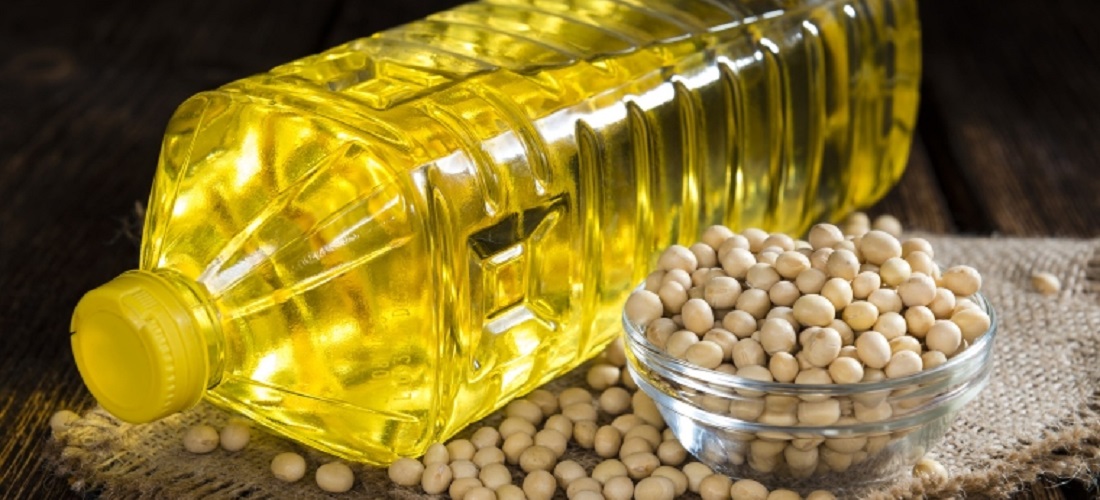
Vegetable oil association defends postponement of EU anti-deforestation law
Nov, 24, 2023 Posted by Gabriel MalheirosWeek 202345
Brazilian Association of Vegetable Oil Industries (Abiove) sees a “high risk” of trade problems between Brazil and the European Union due to the “insufficient” deadline for implementing technical aspects of the economic bloc’s anti-deforestation law at the end of 2024, said André Nassar, the trade association’s executive president.
In an online meeting of the Brazil-Germany Agricultural Political Dialogue (APD) on Tuesday, Mr. Nassar criticized the closing date set by the Europeans to demand deforestation-free production. The legislation aims to ban the entry of eight commodities, such as soy, meat and wood, from deforested areas from 2021.
“The closing date in the past is unfair to rural producers. They are, in 2023, being told that the area they legally cleared after 2020, but before 2023, is no longer eligible for Europe. If they had known that the area was no longer eligible, they might have decided differently,” said Mr. Nassar. “Europe should have set a future date, to give the industry and producers in the producing countries time to adapt.”
In Mr. Nassar’s opinion, there is a need to postpone the effective implementation of the law, not least because of the seasonal nature of the Brazilian harvest.
“The European Commission hasn’t defined all the technical procedures with enough time for adaptation. The beginning of 2024 is the harvest in Brazil, it will be the last crop harvested before implementation begins, but this product will be marketed in 2025 to Europe. It’s important to understand that it’s necessary to postpone because of the crop cycle and because the technical procedures haven’t been defined,” he said.
Another point of concern is the possible need for the industry to create specific physical structures to “segregate” the soybeans to be sold to Europe, so that they don’t get mixed up with unverified grains.
“Either this segregation is done in the chain of custody or soy is excluded. The exporter would be forced to refuse to buy from certain regions or polygons in which the soy was planted on deforested land,” said Mr. Nassar. He added that a dedicated physical structure for this soy will lead to higher costs for consumers.
He mentioned a proposal from the Brazilian soy production chain for Europe to accept a small portion of unverified soy during a transition period. This would be 3% of the volume exported over the first three years of the law’s implementation.
He also criticized the fact that Europe did not consult the control mechanisms applied in the Soy Moratorium 15 years ago, a private agreement that prevents trading companies from buying soy produced in deforested areas after 2008.
“Instead of coming to understand the control procedures, Europe decided to create specific control procedures, totally out of step with what already happens on a daily basis, with concrete examples,” he criticized at the meeting.
For Mr. Nassar, “there is an attitude on the part of the European authorities that we are going to explain what we do to them now that the law has been passed, whereas during the approval process they should have come to see and learn from our process, which has been working for 15 years.”
Source: Global Rural and Valor Internacional
Click here to access the original news text: https://valorinternational.globo.com/agribusiness/news/2023/11/22/vegetable-oil-association-defends-postponement-of-eu-anti-deforestation-law.ghtml
-
Economy
Jul, 16, 2024
0
Brazil trade balance surplus reach USD 1.4 billion in July second week
-
Blog News (ENG)
Apr, 05, 2024
0
Brazilian beef exports up 25.9% in the 1st quarter, says Abiec
-
Ports and Terminals
Apr, 01, 2022
0
Localfrio is certified by the Ministry of Agriculture
-
Tank and Reefer
Mar, 17, 2021
0
Ranking by TEU of goods shipped via reefer container | January 2020-2021

